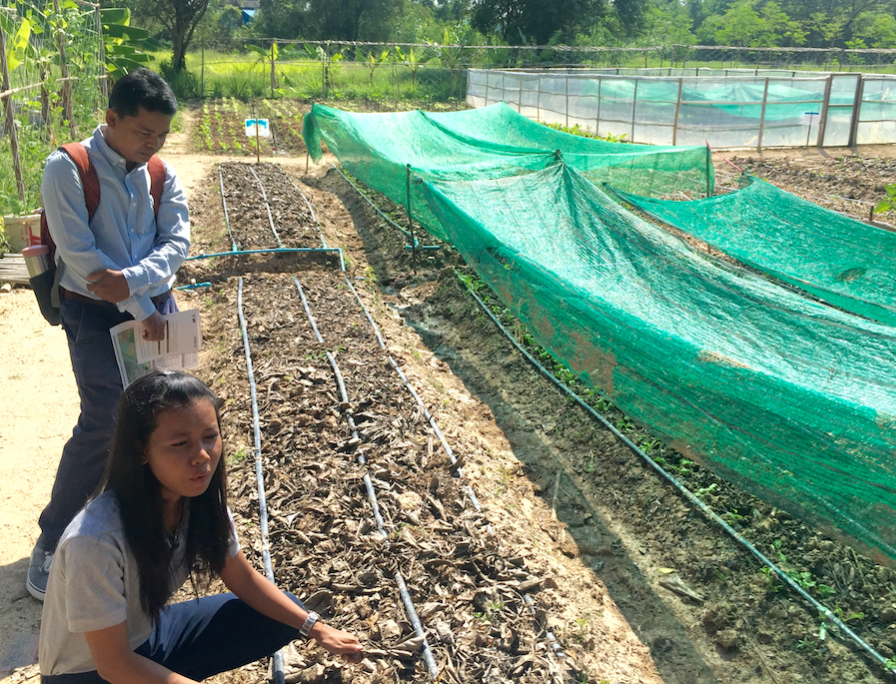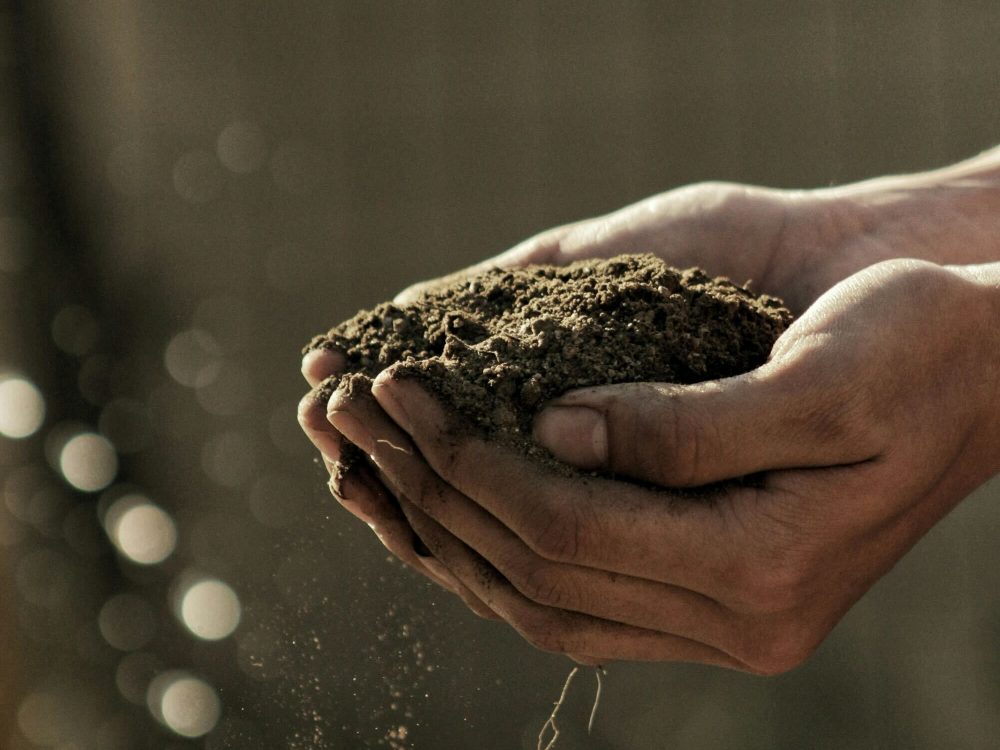How Interoperability can Strengthen Agriculture and Nutrition
Food security, or people’s access to “sufficient, safe, and nutritious food,” remains a global challenge. Lack of access to nutritious food is not only more likely to affect those already facing difficulties such as poverty, economic shock and public health crises; when communities do not have adequate access to nutrition, they have a harder time fighting back against these challenges. As a result, ensuring adequate food security ultimately helps build resilient communities, breaking the cycle of poverty and creating economic growth, greater equality and better development outcomes.
We are proud to announce that Development Gateway (DG) has been working to support FHI 360’s Mobile Solutions Technical Assistance and Research (mSTAR) project to increase food security. Funded by USAID, mSTAR seeks to increase access to, and use of, digital technologies in development.
In our goal of increasing food security, DG and our partner Athena Infonomics (AI) are supporting researchers, program implementers, and development partners engaged in Feed the Future programming across Cambodia and Nepal. We aim to identify opportunities for strengthening data and digital interoperability across Feed the Future agriculture and nutrition portfolios to support better-informed decision making.
To strengthen interoperability, DG, AI, and mSTAR have been tackling the challenge of data sharing, accessibility, and use: seeking to understand what data producers and users need and how to support sustainable data usage. Over the past month, DG and AI have conducted a series of key informant interviews with partners and research hubs. While both Nepal and Cambodia offer unique challenges and opportunities, the researchers found commonalities across contexts.

Figure 1: Demonstration Plots at the Center of Excellence on Sustainable Agricultural Intensification and Nutrition (CE-SAIN), housed in the Royal University of Agriculture (RUA) in Phnom Penh
Data Collection
The majority of interviewees (60%) reported using only paper-based data collection tools. Reasons for this preference varied from limited internet connection, to limited program budgets – and most acknowledged that the use of pen and paper makes transforming data into electronic formats time and labor intensive. Interviewees’ preference for either electronic or paper-based data collection – and the various reasons behind this preference – will inform how DG, AI, and mSTAR develop tools and processes to support greater data interoperability and knowledge sharing.
Data Sharing
As in other contexts, most data sharing amongst USAID-supported research labs and implementing partners occurs on an ad hoc or as needed basis. Professional networks – and in some cases thematic convenings – help facilitate this information sharing.
Interviewees did express interest in having an ability to access data in a more centralized and standardized way. Particular use cases for this type of open data repository include the ability to reduce duplication of primary data collection and to facilitate resource pooling amongst organizations working in the same catchment area.
Data Use
All interviewees reported using a combination of internal and external datasets to satisfy analytical and reporting requirements. Generally, interviewees also expressed a high level of comfort using data analysis tools. Some expressed interest in learning more about how to incorporate geospatial data into analyses, while others expressed interest in learning new data science software packages. As a key takeaway, in order to facilitate data sharing across partners, we will need to facilitate the sharing of standardized data with detailed methodology notes, in order to ensure partners have confidence in the data quality.
We look forward to developing and rolling out tools and processes to help address the challenges and opportunities above. By facilitating greater data and digital interoperability, DG, AI, and mSTAR aim to strengthen knowledge sharing and – ultimately – support better food security outcomes. Stay tuned for updates as our work progresses.
Share This Post
Related from our library

Building a Sustainable Cashew Sector in West Africa Through Data and Collaboration
Cashew-IN project came to an end in August 2024 after four years of working with government agencies, producers, traders, processors, and development partners in the five implementing countries to co-create an online tool aimed to inform, support, promote, and strengthen Africa’s cashew industry. This blog outlines some of the key project highlights, including some of the challenges we faced, lessons learned, success stories, and identified opportunities for a more competitive cashew sector in West Africa.

Unlocking Africa’s Agricultural Potential: Introducing the Soil Nutrient Roadmap
For over a decade, Development Gateway: An IREX Venture (DG) has been at the forefront of digital agriculture, leveraging agricultural data to support input monitoring, value chain analysis, and farmer-centric governance models. With funding from the Gates Foundation, DG is launching the Soil Nutrient Roadmap (SNR), a cutting-edge initiative using geospatial data to estimate current and future soil and crop nutrient requirements.

Digital Transformation for Public Value: Development Gateway’s Insights from Agriculture & Open Contracting
In today’s fast-evolving world, governments and public organizations are under more pressure than ever before to deliver efficient, transparent services that align with public expectations. In this blog, we delve into the key concepts behind digital transformation and how it can enhance public value by promoting transparency, informing policy, and supporting evidence-based decision-making.